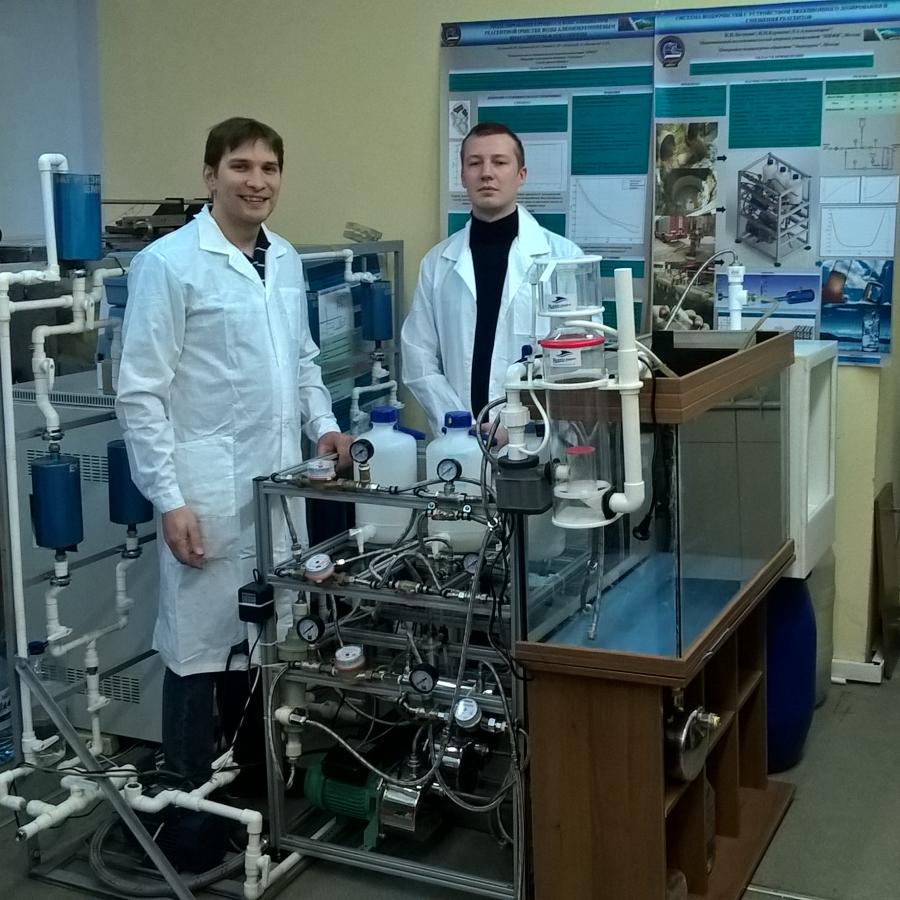New technology of nuclear desalination developed in MEPhI
Published on by Naizam (Nai) Jaffer, Municipal Operations Manager (Water, Wastewater, Stormwater, Roads, & Parks)
Lack of fresh water requires the development of new principles of desalination, including long-term method of nuclear desalination, water treatment methods for water recycling, the requirements for drinking water and for technical needs may be different.
To improve environmental safety and desalination technology it is necessary to solve a global scientific and technological problem, which involved scientists of MEPhI department №10 - the creation of an integrated water supply system, based on the new concept, including the use of new high-efficiency desalination methods, such as nuclear, membrane desalination, or hybrid technologies, based on them. These methods should be combined with recycling and treatment of residues to a level, that corresponds to environmental requirements.
The majority of modern desalination technologies are based on one of two methods: by means of distillation of thermal energy, including nuclear desalination or using desalination membranes (reverse osmosis and electrodialysis membrane). In the process of distillation salt water is boiled, the produced steam goes out of the system and is condensed with production of fresh water. If the heat source is a nuclear reactor, the method is called nuclear desalination.
The membrane method of reverse osmosis is based on the "filtering" of salt water under the influence of differential pressure across the semipermeable membrane, permeable to water molecules, but impermeable to the salts, and the pressure differential should be more than the so-called osmotic pressure (~ 30 atm. for sea water). In another method, membrane - membrane electrodialysis, conversely, ions penetrate through the so-called ion-exchange membranes, and fresh water remains in the channel.
These membrane methods can be used in conjunction with nuclear desalination (hybrid desalination technologies), i.e. they can be used in nuclear facilities, where there is a relatively cheap access to thermal energy.
For the normal functioning of the desalination plants quality of source water must meet certain strict requirements. This entails the need for pre-treatment system, the cost of which is sometimes two to three times more than the cost of the desalination plant.
MEPhI scientists have developed a new technology and technological schemes of the pretreatment unit, based on the data on the composition of pollutants, salinity and performance of water treatment systems, based on the reagent methods of hydrodynamic activation of the process of withdrawal of pollutants in their coagulation, flocculation and adsorption, which allows reduce the size, and, as a consequence, pre-training in several times the unit cost. Moreover, the majority of the sparingly soluble salts can be removed in pretreatment unit, which increases the efficiency of the system as a whole. The work also supposes the development of methods and technological schemes for the removal and processing of the residues - waste (transfer to the solid phase).
After the pre-water treatment unit salt water flows into the desalination unit, the process in which, as a rule, is very energy-intensive. Hybrid desalination schemes are offered to reduce the energy consumption of desalination process. In these schemes, distillation and membrane methods are used in combination, allowing to receive both drinking water and process water.
The usage of hybrid scheme, including distillation and membrane methods, allows get both drinking water and especially clean water for its own nuclear power plant needs.
In addition, MEPhI scientists’ project supposes the development of an integrated technological system of water recycling and desalination systems to reduce the environmental burden on the environment and improve the energy efficiency of the system as a whole.
The peculiarity of the technology, developed at the department №10, is pretreated feed water, used in the desalination unit, and since the salinity of the water is about 2-5 g/l, water is supplied not to the input of the desalination system, but to the intermediate stage in accordance with the general theory of separation.
The results are intended to be used in complex projects of Rosatom, in particular, in relation to nuclear power plants in Egypt, where it is planned to realize a nuclear desalination technology.

Associate Professor I.M. Kurchatov and graduate student R.A. Alexandrov work at the research stand of water purification
Attached link
https://eng.mephi.ru/news/119564Taxonomy
- Desalination